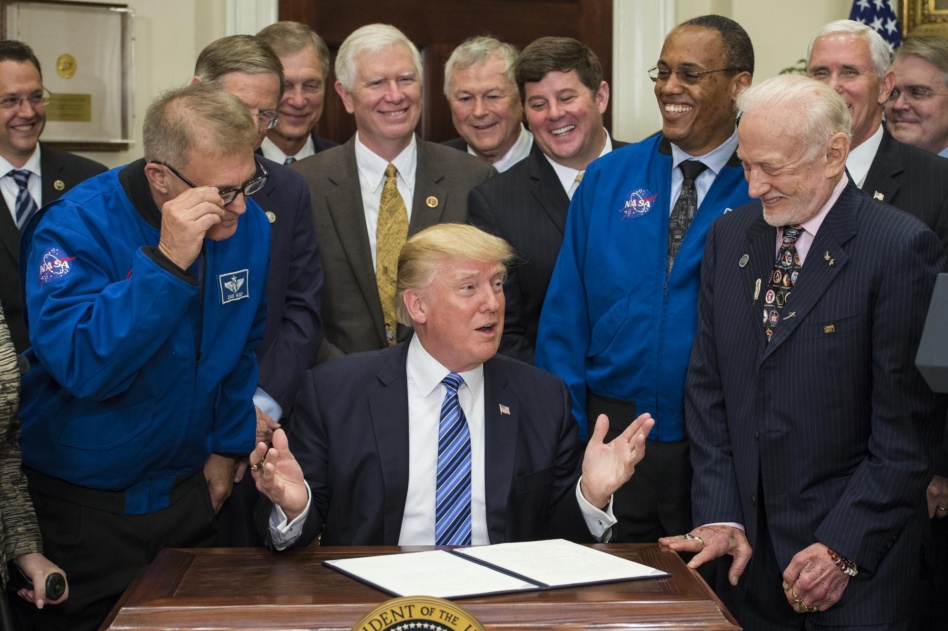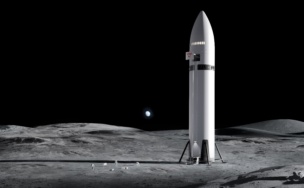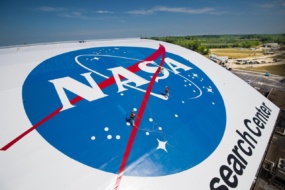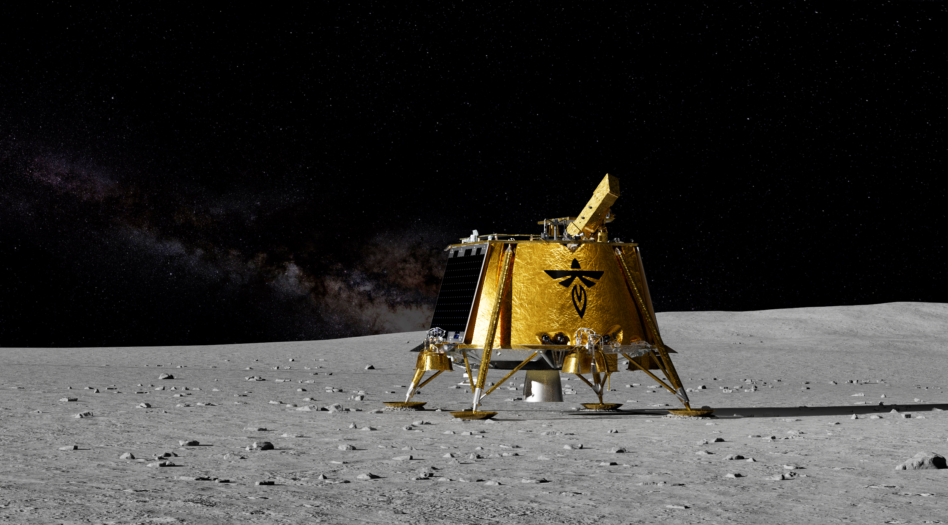The volunteer team planning the future of the US space agency under incoming President Donald Trump is overwhelmingly focused on promoting the commercial space sector.
Run silent: Typically, transition staffers who lay the groundwork for policies and appointments before a new president takes office are disclosed, but this time around, there has been no announcement.
Here’s the team we ID’d from conversations with government officials and space executives familiar with the process, who spoke on background to discuss the previously undisclosed team:
- Charles Miller: A member of the first Trump administration’s transition team, Miller is a former NASA official who is now the chairman of Lynk, a direct-to-device satellite company that is struggling to go public through a merger with a SPAC backed by baseball star Alex Rodriguez.
- Greg Autry: A longtime advocate for commercial space, Autry is a professor at the University of Central Florida who also worked on the 2016 Trump NASA transition and was nominated to serve as NASA’s CFO, though Congress failed to approve his nomination. He’s signing his emails “DOGE/NASA Transition.”
- Ryan Whitley: A NASA engineer who was detailed to the National Space Council during Trump’s previous term, Whitley last worked on the Artemis HLS program before spending just over a year at ispace, the Japanese lunar company.
- Lorna Finman: A Stanford PhD who worked on the Star Wars program at Raytheon back in the day, Finman’s LinkedIn says she has been advising the Heritage Foundation on space policy since 2023.
- Jim Morhard: The NASA deputy administrator during Trump’s first term, Morhard was a longtime GOP senate staffer.
We reached out to the Trump transition office as well as the team members for comment and didn’t hear back—except for Miller, who suggested we catch up after inauguration day.
What to expect? All of these folks, but particularly the first three, have a long history of advocating for the private sector to take a bigger role in space exploration and cutting red tape. That could mean anything from consolidation at the space agency to a radical re-thinking of the Artemis mission. If the latter is the case, watch out, SLS.
Hard running: Last year, Whitley wrote a critique of the latest Blue Ribbon report fretting about NASA’s future. He identified a key problem with agency level planning: Whatever NASA officials want to do, they are beholden to the White House and Congress for the real decisions.





